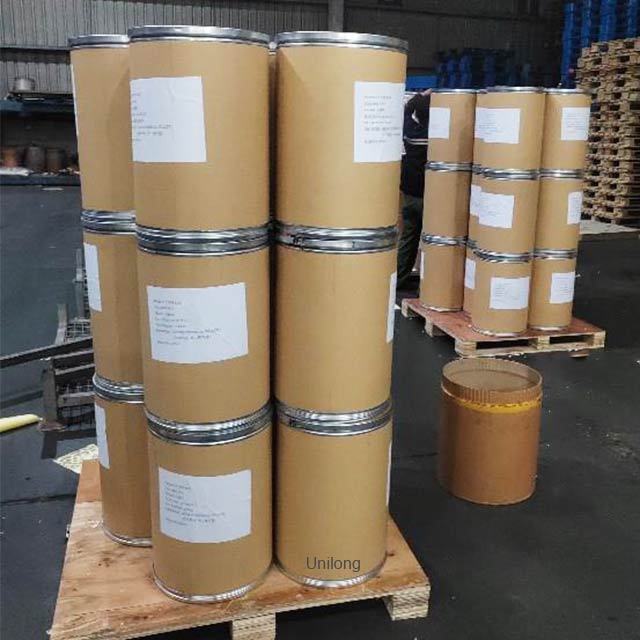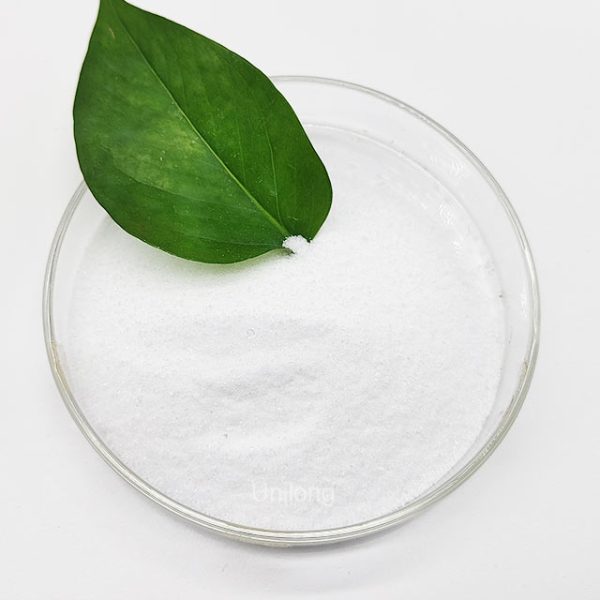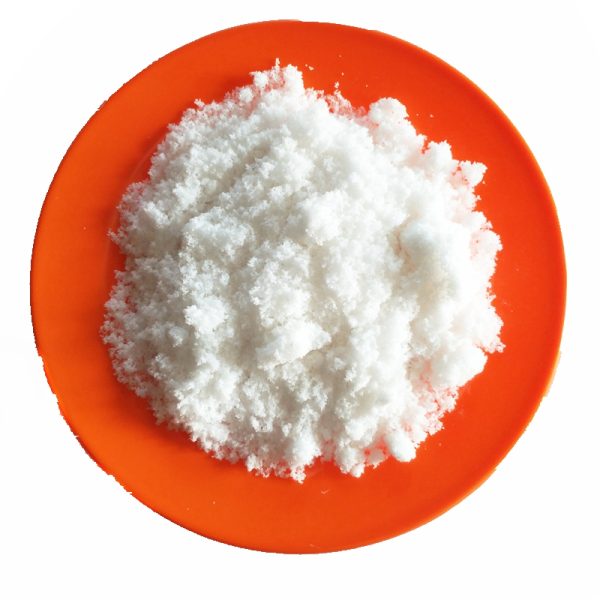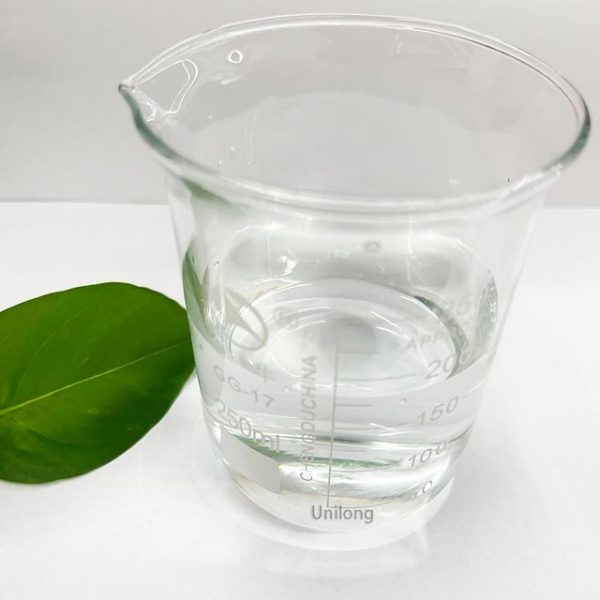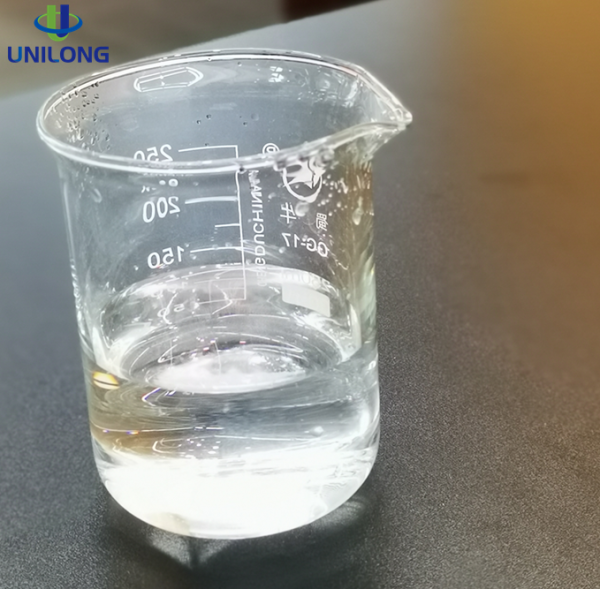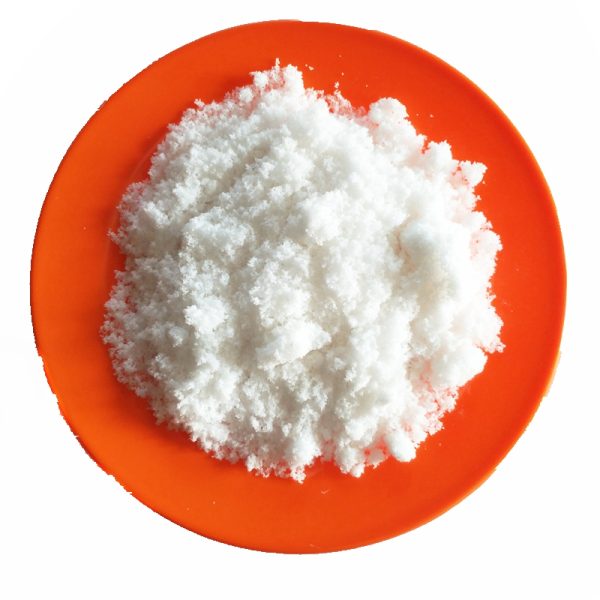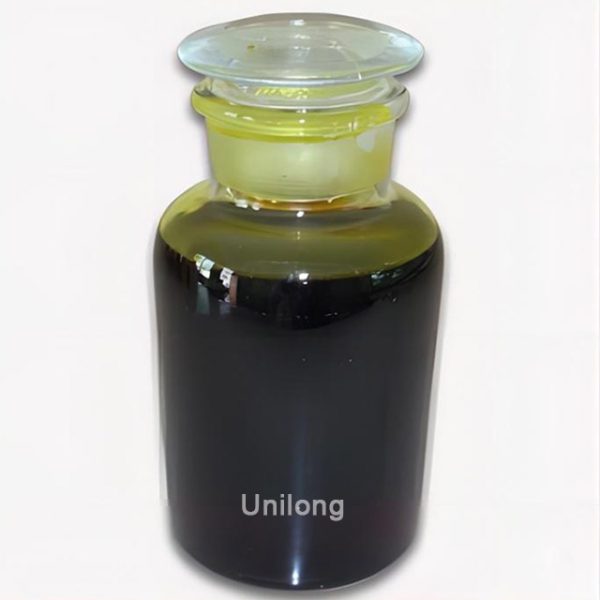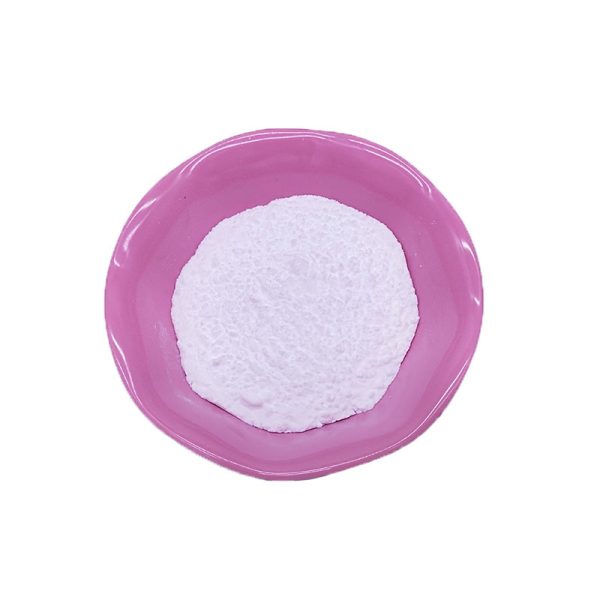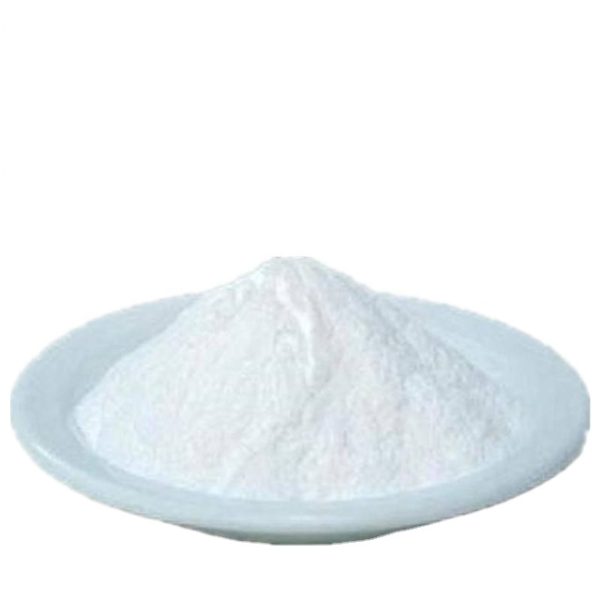CAS No.: 140-66-9
MF: C14H22O, C14H22O
EINECS No.: 205-426-2
Synonym: 4-(1,1,3,3-TETRAMETHYLBUTYL)PHENOL; 4-TERT-OCTYLPHENOL; 4-(DI-ISO-BUTYL) PHENOL; P-TERT-OCTYLPHENOL; P-T-OCTYL PHENOL
What is 4-tert-Octylphenol with CAS 140-66-9?
4-tert-Octylphenol is a potential environmental pollutant and it exhibits toxic and estrogenic effects on mammalian cells. It binds to estrogen receptors and exerts estrogenic actions in vitro.
Specification
| Melting point | 79-82 °C(lit.) |
| Boiling point | 175 °C30 mm Hg(lit.) |
| density | 0.95 g/cm3 (20℃) |
| refractive index | 1.5003 (estimate) |
| Fp | 145 °C |
| storage temp. | -20°C |
| solubility | water: slightly soluble0.007g/L at 20°C |
| pka | 10.15±0.15(Predicted) |
| form | neat |
| color | White flakes |
| PH Range | 6 at 10 g/l at 20 °C |
| BRN | 513992 |
| Stability: | Stable. Incompatible with strong oxidizing agents, strong bases. |
| CAS DataBase Reference | 140-66-9(CAS DataBase Reference) |
| NIST Chemistry Reference | Phenol, 4-(1,1,3,3-tetramethylbutyl)-(140-66-9) |
| EPA Substance Registry System | p-(1,1,3,3-Tetramethylbutyl)phenol (140-66-9) |
Application
A common environmental pollutant showing weak estrogenic effects. 4-tert-Octylphenol has been shown to cause harm to the male reproductive system of vertebrates.
Packing
25kgs/drum,9tons/20’container,25kgs/bag,20tons/20’container.


